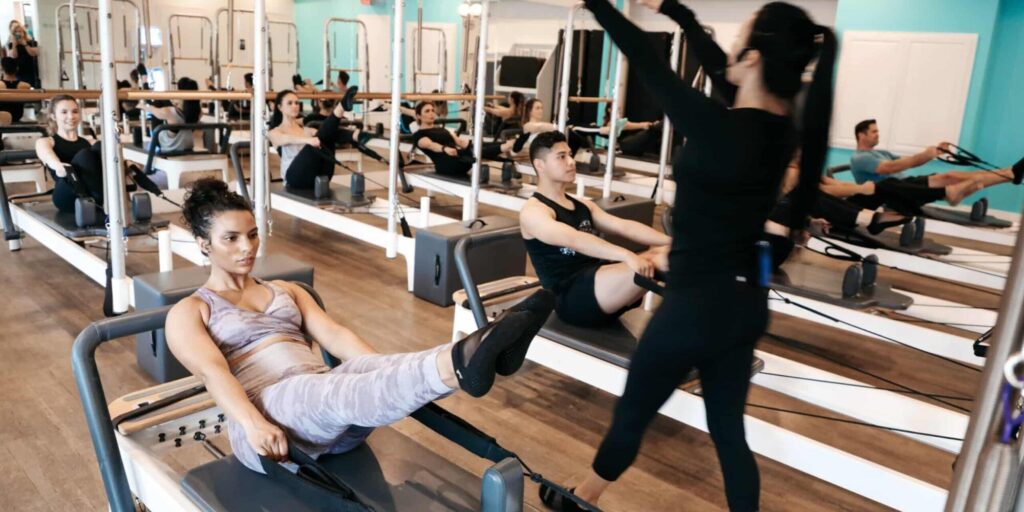Bodybar Pilates is picking up steam amid the Pilates franchising boom, with 50+ studios open and two dozen more expected by year’s end
Bodybar Pilates has signed its 150th franchise agreement, cementing its position in the booming Pilates sector. The milestone comes as the Dallas-based company expands its national footprint, with more than 50 locations in operation and two dozen more expected to open by the end of the year.
The latest deal will bring two studios to the Houston area, led by franchisees Jeremy and Erica Beal. A former Navy SEAL, Jeremy was drawn to Pilates in part because of the rehabilitative method that Joseph Pilates developed to help injured soldiers recover.
“We’re excited to welcome the Beals to the Bodybar family,” Bodybar Pilates CEO Matt McCollum said. “Reaching 150 signed agreements is a direct result of our franchisees’ dedication and the strength of our business model. With strong unit economics and the rising demand for boutique fitness experiences, we’re in a position to grow quickly and sustainably. We’re building real businesses that positively impact every community we enter.”
The expansion comes on the heels of Bodybar Pilates’ strategic partnership with Prestige Franchise Partners as it sets its sights on 500 studios globally, targeting more than 200 new domestic locations and entry into international markets within the next 24 months.
In the first half of 2025, the boutique fitness concept signed 36 new franchise agreements, opened nine studios and surpassed $10 million in systemwide revenue. As demand for Pilates continues to grow, Bodybar Pilates says it is prioritizing expansion in key U.S. markets, including Austin and San Antonio in Texas, and parts of the Midwest and Northeast.
The rise of Bodybar Pilates comes as Pilates was recently spotlighted as a standout performer in The BFS Network’s latest State of the Industry Report.
The report, which drew insights from 369 studios across 46 states and 15 countries, revealed that Pilates studios consistently outperform other modalities when it comes to profit margins. The advantage comes down to three key factors: premium pricing, small-group or private session models that drive scarcity and demand, and compact studio footprints that help keep overhead low.



